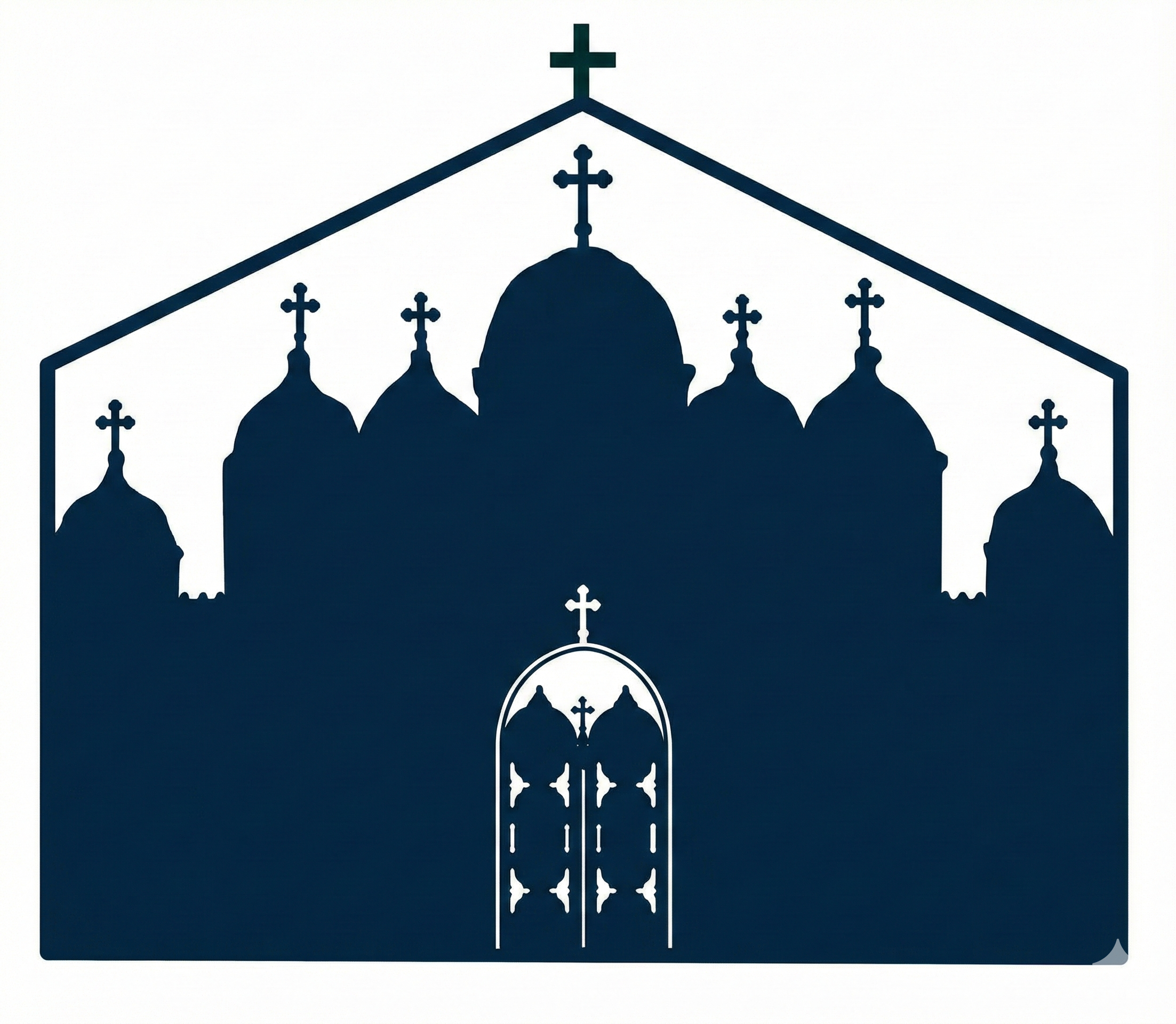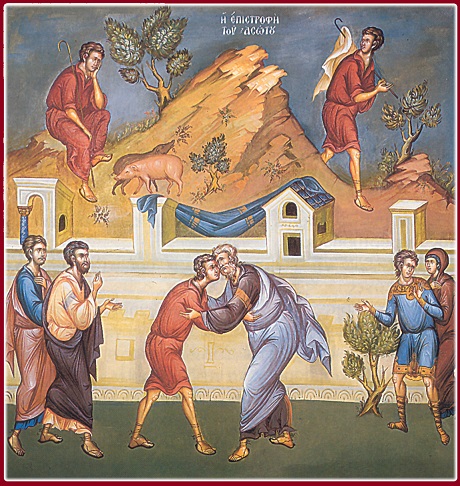Luke 15:11-32 2025/02/16 Osaka Church
In the name of the Father, the Son, and the Holy Spirit
In the time of Jesus, there were people called the Pharisees. They believed that strict observance of the law was the most important thing to receive God’s blessing. They regulated every aspect of life with detailed rules. However, the poor and those who worked in despised jobs could not faithfully obey the law. The Pharisees despised and hated them as “sinners” and “people of the earth.”
The scribes who taught about this law had great authority at the time, on par with the priests of the temple. People lived under the gaze of the scribes. They lived in constant fear of breaking the law. People who were considered “sinners” were especially miserable. This is because they also understood the importance of the law. But even though they knew this, they could not keep it. With the condemnation of the Pharisees and others came their own condemnation of sin, and God was the condemner of their sin. How deep their sorrow and sadness must have been.
Jesus was also sad. He was so sad that deep inside, he boiled with indignation.
Who taught such a “God”? Who are they, putting an end to the hopes of these “little” people who, in despair over their own weakness and misery, have just begun to reach out to God for salvation, by imposing formal rules that they cannot even keep? Who are they who sentence them to death!
“Woe to you teachers of the law! For you burden others with burdens that are too heavy for them to bear, and yet you yourselves are not willing to lift a finger to bear the burden (Luke 11:46)”
These words of the Lord are filled with this intense sadness.
That is why Christ told an allegory to completely eradicate this mistaken understanding of God.
A son who received his father’s fortune quickly left him, and then lost everything by living a life of extravagance.- Truly a hopeless fool! This son was in such dire straits that he was even eating pig feed. But when he returned home, thinking, “If I go back to my father, he will at least give me a seat at the bottom of his employment, and at least give me something to eat,” his father sprinted to his son, who was now visible in the far distance, and held him tight. “Oh, I am relieved, I am relieved,” he said. Then, “Now, put on some nice clothes, put on your shoes, and put on the ring that shows you are my precious child. Let’s invite everyone over right now for a party. You were dead, and now you have come back to life,” without giving the son any time to apologize.
Christ is telling us that this is what God is like. God is not the kind of God to sentence those who fail to follow the rules or who suffer from their own weakness and sinfulness to death. Therefore, believe in that forgiveness, turn back, and entrust yourself to the love of this incredibly generous God. That is what God delights in. The Lord wanted to teach us about this love of God. The Lord was teaching that “if you repent, you will be forgiven,” not threatening that “if you do not repent, you will go to hell.”
Meanwhile, the older brother of the prodigal son was angry that his father welcomed his brother back and even held a banquet for him. Through the example of this older son, the Lord is teaching us that there is nothing more sinful and tragic than not believing in God’s unfathomable love, living in fear of judgment and then trying to involve others in this fear in the name of “God.”
Entrusting ourselves to God’s love and running to it in faith – this is the very beginning of our “love for God” as we are commanded to “love the Lord our God with all our heart, with all our soul and with all our mind.” And Christ Jesus, who teaches this, is Himself God who was born into this world as a man and is now with us. It is extremely difficult to love someone like God, who is invisible and untouchable. But can we not love Christ, the Son of God, who came to us as a man, someone we can see, touch and hear? Can we not love Christ, who we can touch, talk, and pray to?
Today, that same Christ continues to invite people through his “Body,” the church.

